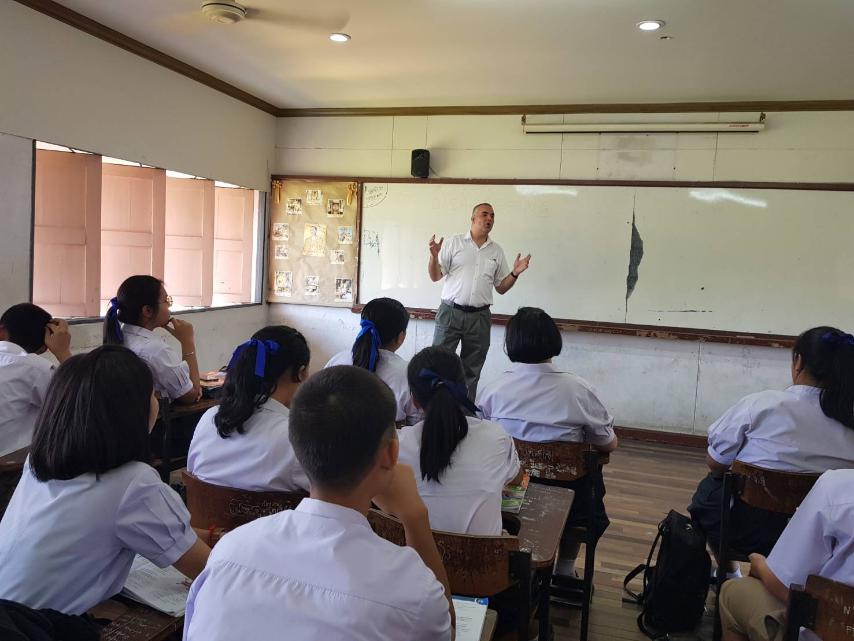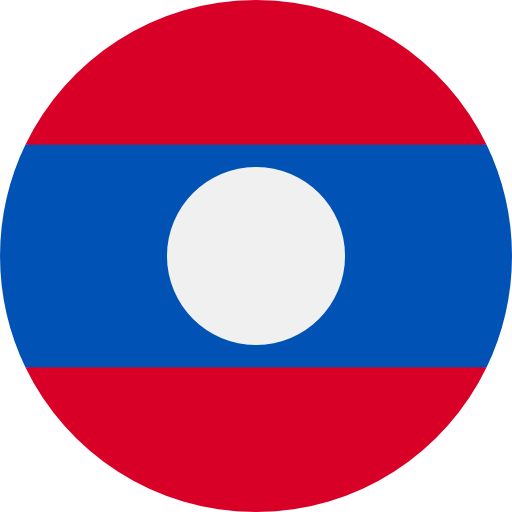I’m teaching body parts
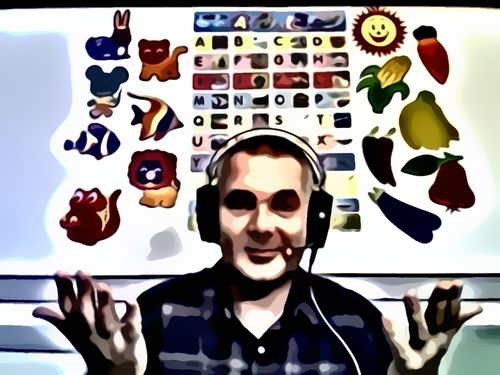
Body parts: head, forehead, ear, nose, mouth, tooth/teeth, eye, face, neck, shoulder, arm, elbow, hand, finger, wrist, chest, belly/stomach, waist, hip, leg, knee, ankle, foot/feet, toes, back, bottom, heel, tongue, lips, eyebrow, eyelash, nail, chin, sole, heart, lung, brain… What do you use to hear/smell/see/touch/taste? What do you use to eat/bite/kiss/hug/write/snap/run/kick/think/breath? How many do you have? One? Two? More than two?
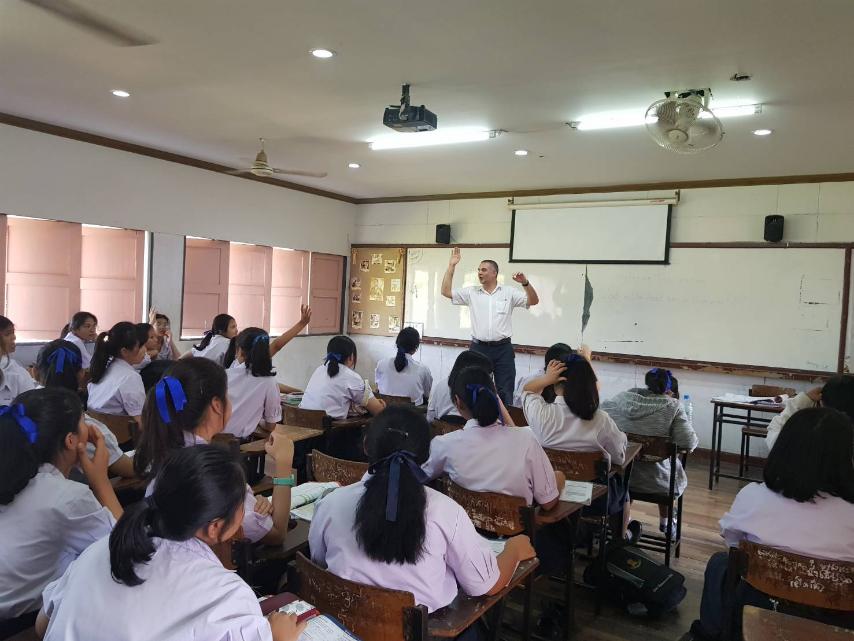
I’m teaching feelings
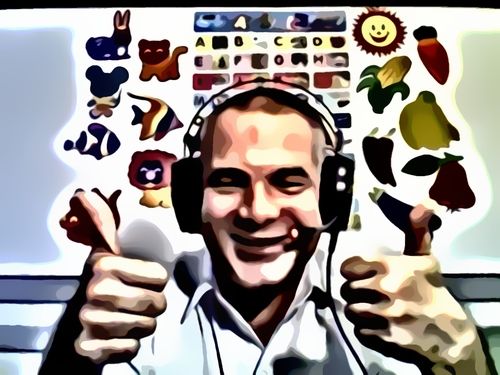
Feelings: angry, bored, cold, disgusted, happy, hot, hungry, in love, sad, scared, surprised, tired, sleepy, worried, dizzy, thirsty, full, lonely, heartbroken, nervous, jealous, shocked. Show me the feeling on your face! How do you usually feel when you get up in the morning? What do you like doing when you feel bored? Tell me about a time when you felt really scared! What was the happiest day in your life?
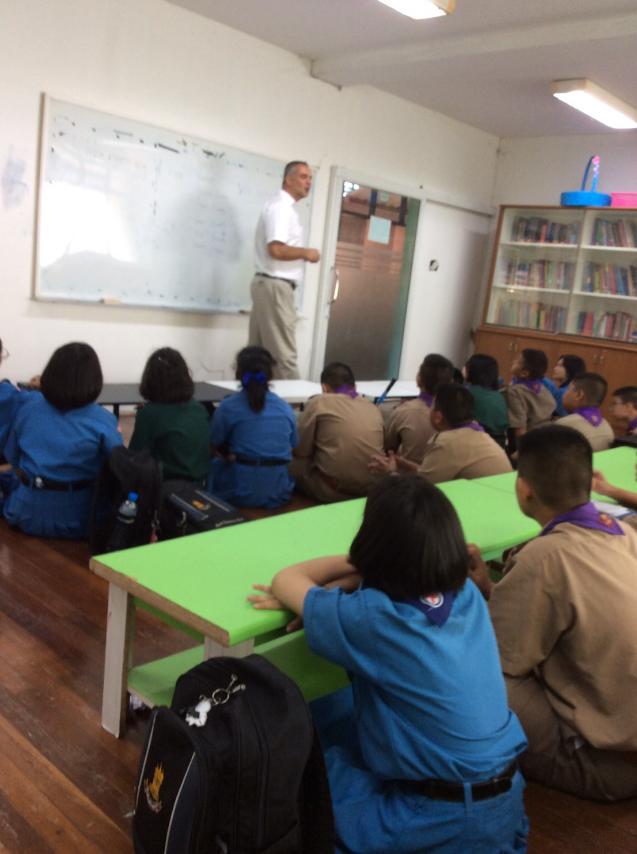
I’m teaching about daily routines and accidents
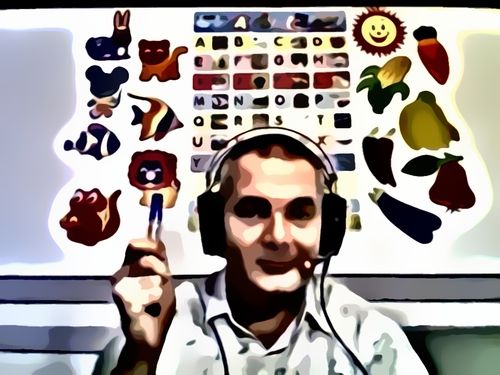
Daily routines. We talk about daily routines with the younger classes: What do you do every day first? And then? And then?
Accidents for the older ones. Could these items be dangerous? What could happen? Balcony, bathtub, glass, hot pan, iron, knife, ladder, matches, medicine, pool, stairs, window… Have you ever had an accident? Have you ever been in hospital? How did you end up there? What can be done to prevent accidents from happening at home/at work/on the road?
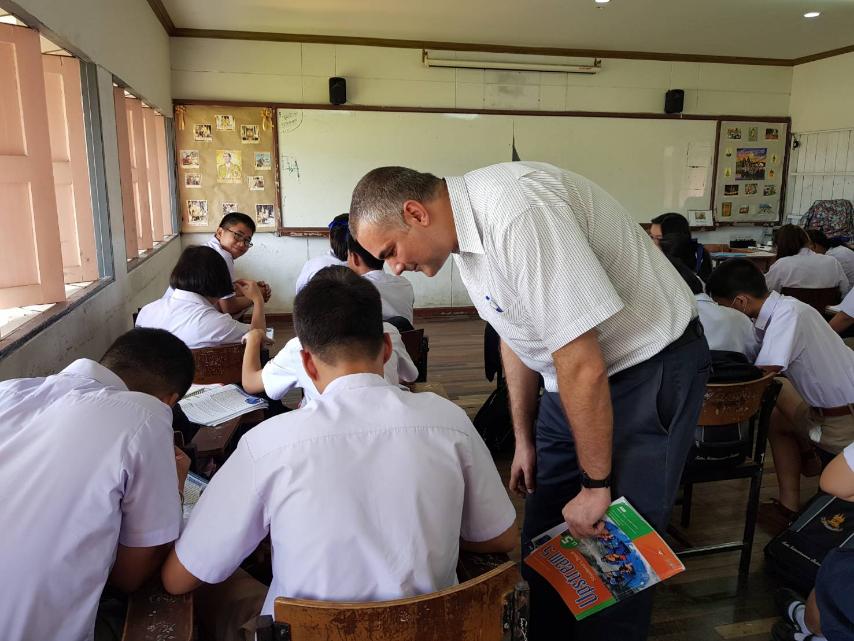
I’m teaching about everyday activities and education
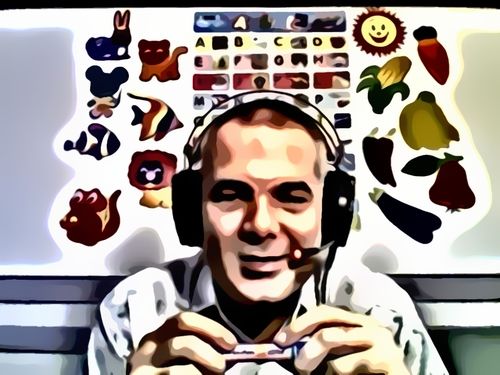
Everyday activities for the younger students. Education for the older students. What type of school do you attend? Is it single-sex or co-educational? Which is your favourite/least favourite school subject? How many days a week do you attend school? What time do classes start and finish? What facilities does your school have? Which years are compulsory? When can you leave school? Are you planning any further studies? What will education be like 50 years from now?
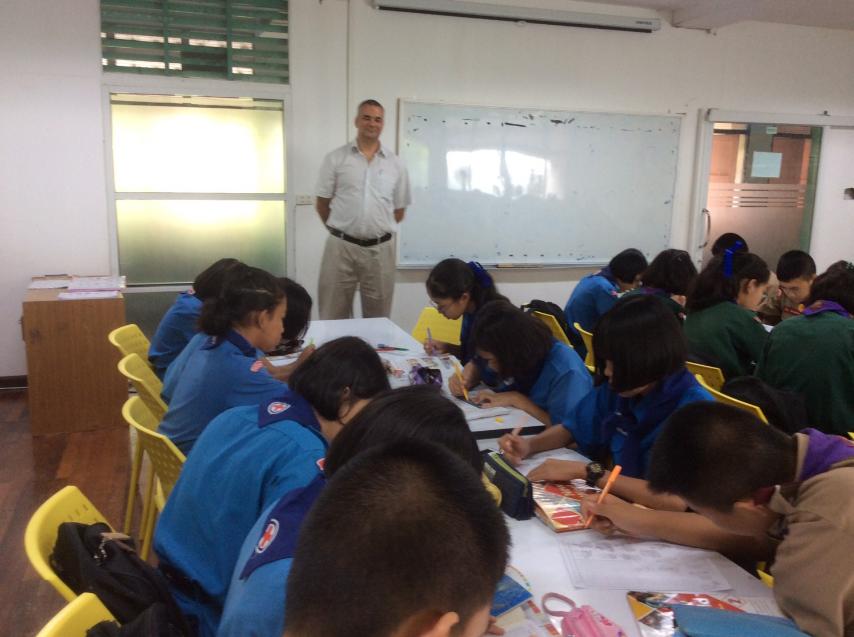
I’m teaching about travels and polite requests
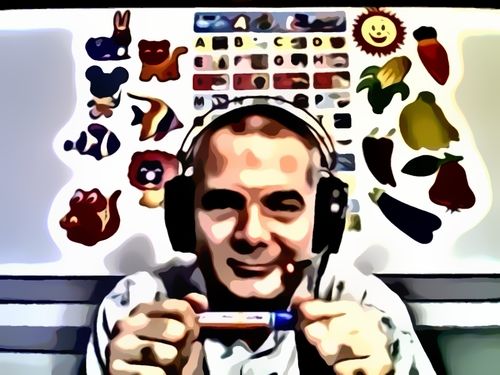
Travels. Interesting places and discussing the weather. Polite requests. Could you …, please? Can you …, please? Would you …? Do you mind …-ing? Would you mind …-ing? Students have to act out short dialogues in pairs.
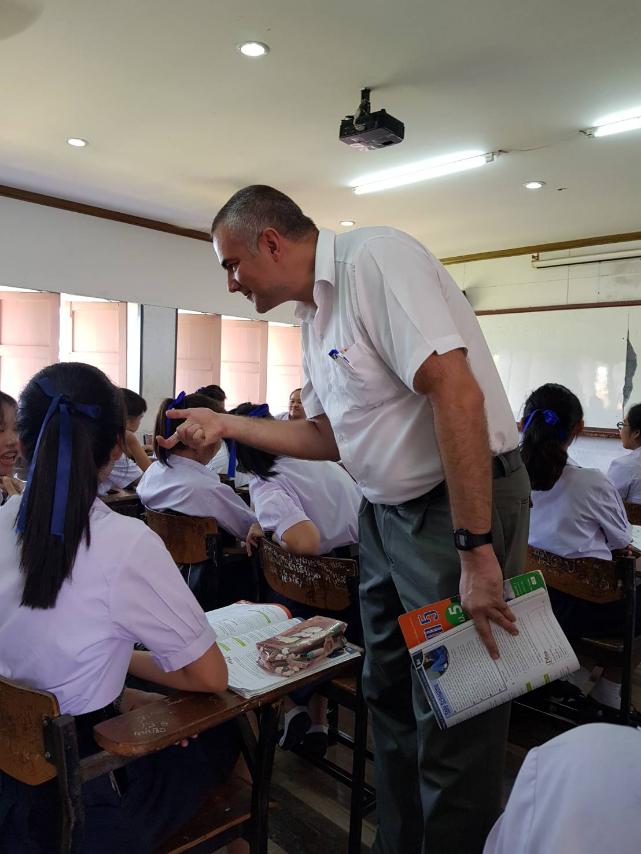
I’m teaching chores and telephone etiquette
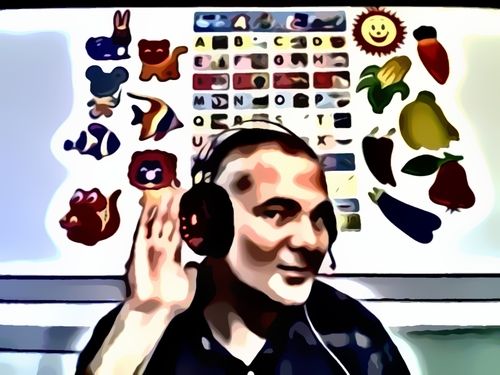
What are chores? Make the bed, do the laundry, sweep the floor, mop the floor, tidy up, walk the dog, wash the car, do the vacuuming, lay the table, do the washing up, dry the dishes, folding clothes, ironing, cooking, dusting, cutting the grass, washing the windows, feeding the dog, taking out the garbage, cleaning the toilet, hanging the clothes, watering the flowers… Students have to act out each chore. Who does it in your family? What are your chores? What do you like doing? Why? What do you hate doing? Why? When do you have to do your chores?
For the older students: Telephone etiquette. Who has a phone? How old is your phone? Who do you call? How often do you call him/her? What else do you use your phone for? Key expressions: How can I help you? Who is speaking, please? Would you like to leave a message? I’ll call her back later. May I speak to XY, please? Can you take a message, please? I will put you through.
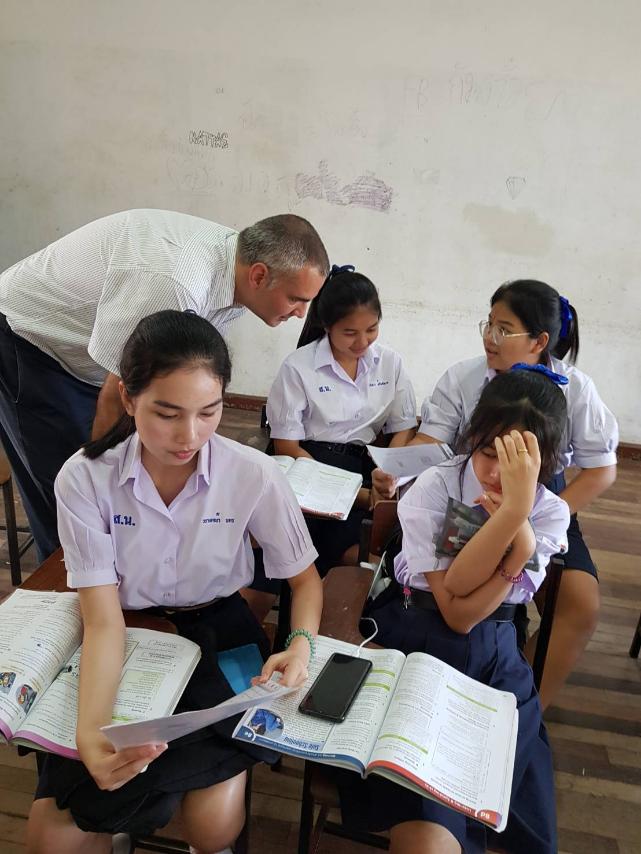
I’m teaching restaurant vocabulary
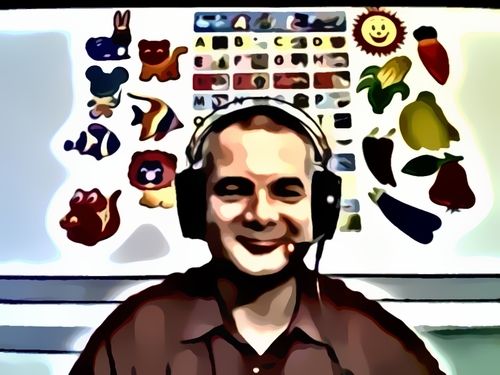
We stay in the restaurant this week with the younger students. There are many important words to practise: chef, waiter, waitress, customer, manager, cashier, soup, main course, dessert, breakfast, lunch, dinner, fast food, beverage, salad, chair, table, menu, plate, fork, knife, spoon, napkin, cup, bottle, glass, order, salt, pepper, tip, flowers, candle, cash, credit card… Is it easy or difficult to work in a restaurant? Could you do it?
“Going to” for the older students. We use „going to” when we say what we have already decided to do, what we intend to do in the future.
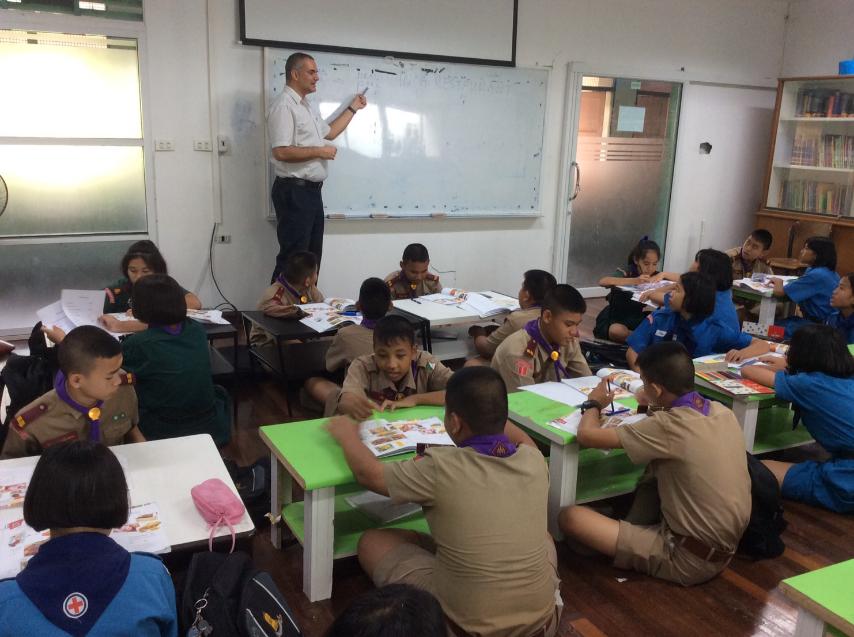
Let’s talk about cooking!
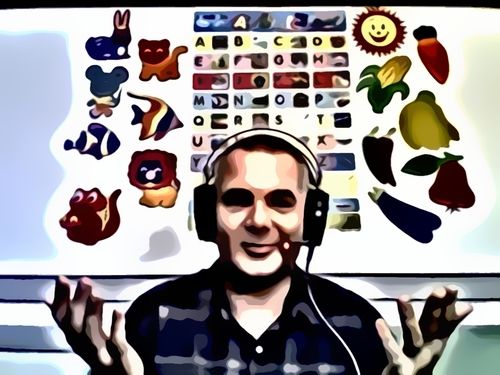
What is your favourite food? What are its ingredients? How do you cook it? We talk more about shopping and holidays too. The students will talk about problems while on holiday, and discuss which facilities or services are important while on holiday and why.
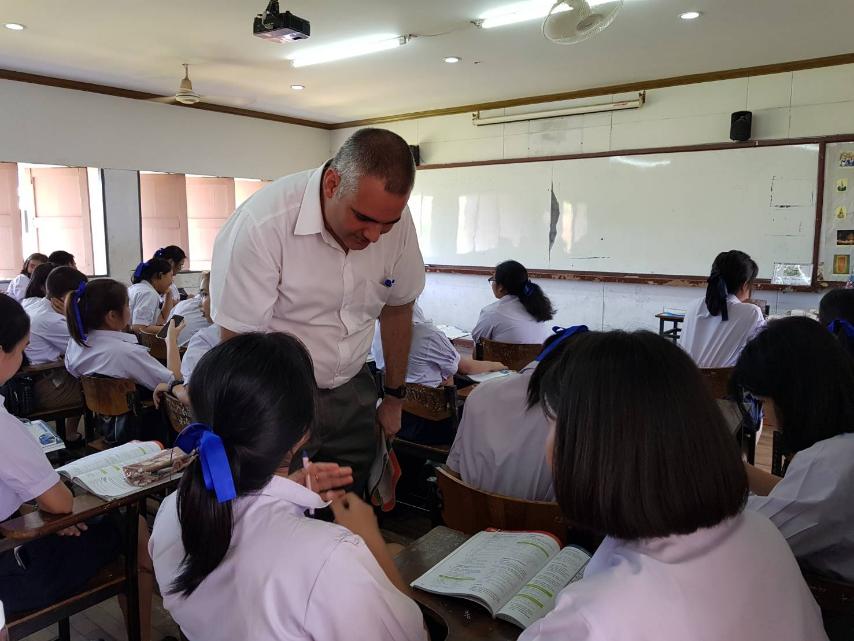
Restaurant, shopping and holidays
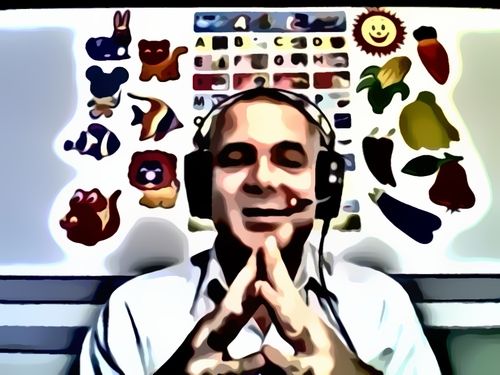
Our topic this week for the younger students is restaurant. Students will learn and practise what to say in a restaurant. We are also talking about food. Shopping for the older ones. There are so many places where you can shop: shoe shop, clothes shop, optician’s, car dealership, supermarket, furniture shop, cake shop, fish market, candy shop, hairdresser’s, newsagent’s, greengrocer’s, book shop, jeweller’s, confectioner’s, bakery, butcher’s, florist’s, record shop, appliance store, pet shop, toy shop, chemist’s – pharmacy, cosmetics store, antique shop, travel agency, ice cream shop, hardware store, computer shop, stationer’s… There are many verbs connected to this topic too: try, cost, ask for, wrap, look at, ask, give, change, buy, get… Now we can talk about shopping. Do you enjoy shopping? How often do you go shopping? Etc. The oldest students’ topic is holidays. Destination, packing list, how to reach, things to see, things to do. Practise your English with Teacher Charlie!
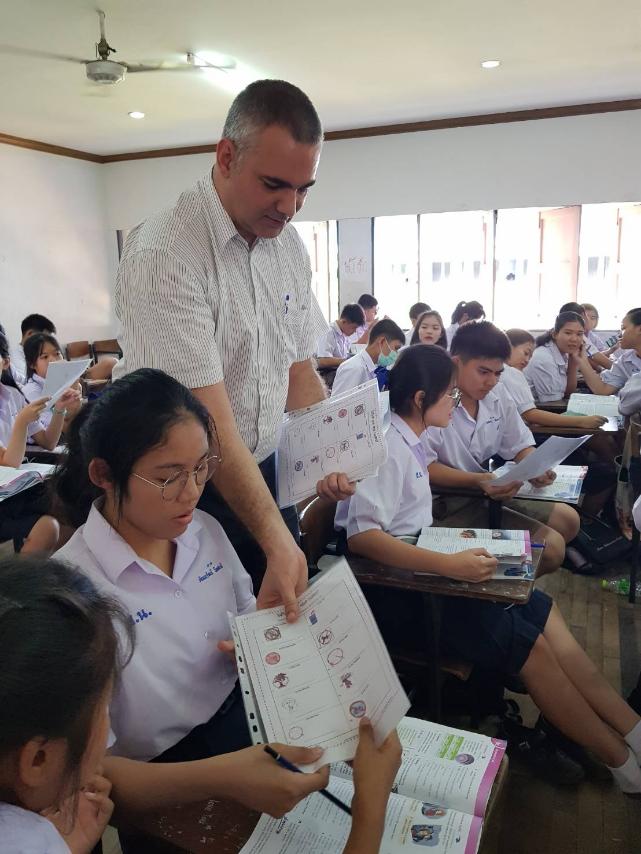
I’m teaching about occupations

This week our topic is occupations. The children will practise the verb “want” too. Then they’ll learn what homophones are and they get a chance to practise them. We’ll learn some more about food and the difference between „a few” and „a little”. With the older children we will practise how to express agreement with „so…” and „neither…”. The students will also practise how to express dissatisfaction.
